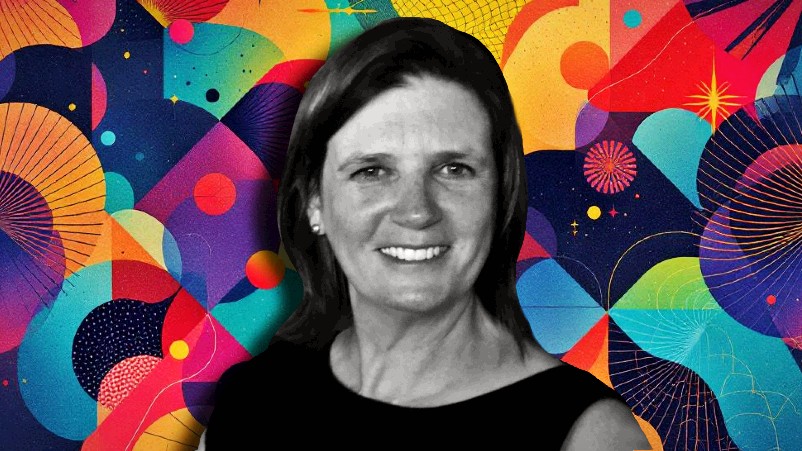The cash controversy: Woolies counts the cost
So what happened last week with Woolworths cancelling its cashless store trial? Why the controversy? Didn’t cash go the same way as Christmas cards and wristwatches years ago? Isn’t everyone used to paying by phone, whether it’s in a milkbar, an airline cabin or at a parking meter?
What you need to know:
- Woolworths last week cancelled its cashless store trial after a consumer backlash.
- While card payments and e-commerce increased since Covid, Australians withdrew $135bn in cash last year.
- Without cash, disadvantaged Australians only become further marginalised.
- As Woolies has found, going cashless can also wreak brand damage.
From the retail banks taking discreet steps to limit their exposure to cash services, to my local brew-pub, which declared itself cashless recently with a “thanks for your understanding”, it seems the days of cash are well and truly numbered.
The brew-pub told me that Covid was the last nail in the coffin for their cash till. I’m sure we’ve all seen hospitality venues go cashless in the name of infection control (despite the World Health Organisation and the US Centre for Disease Control making no mention of cash as a risk factor).
The Big Issue has certainly felt the impact of fewer pedestrians having cash on hand when they pass a street vendor, running a campaign in 2019 to announce that vendors can now accept Visa or Mastercard (a campaign my agency was glad to create for them). And even when the question is as simple as heads or tails, an overwhelming range of apps is available, just to replicate the humble coin toss. It seems cash is in terminal decline, falling from 37% of all payments in 2016 to 27% of payments in 2019, according to the RBA’s Consumer Payments Survey.
And that was pre-Covid.
But the Woolworths trial wasn’t. And maybe life’s just not that simple. As Woolworth’s metro general manager Justin Nolan put it last week “we’ve moved ahead of current community expectations on cash and will be ending the trial”.
The Woolworths trial has found that, while many consumers comfortably inhabit a world where e-commerce, contactless pay and digital wallets make life easier, the relentless drive to a cash-free economy risks leaving important segments of society behind.
The homeless, the busker and the kid with pocket money are all trusting the rest of us to acknowledge the value of the legal tender they hold. So are those who just appreciate the failsafe characteristics of cash – the universal store of value and the unit of account that works so beautifully in an EFT outage. And those who prefer not to put their faith in other people’s encrypted NFC technology or to trade in the privacy of their personal data. It’s all so complex – unless you buy your lunch from the stall in my local market which supplies excellent falafels in exchange for cash only – a wholesome portion of honest, down-to-earth pragmatism, with a side of hummus.
$135bn question
Some might say the falafel man is living in a time warp – but the Woolworths trial suggests that time can warp in both directions. Community expectations seem to indicate that freedom of choice is important to Australian consumers. And with Australians making 598 million ATM withdrawals last year, to a value of $135 billion, penning an obituary for cash might be a little premature. This is why Armaguard is busy acquiring fleets of ATMs to populate its new ‘atmx’ network (a brand my agency was proud to create), which will cater to the four fifths of Australians who hold cash in their wallets, protecting access to cash and security logistics for communities across Australia for years to come.
But what about those who don’t have a bank account? Surely the ‘unbanked’, as they are known, will have a tough time in a cash-free world. Perhaps that’s a moot point when, according to the World Bank, 2/3rds of the unbanked cite “lack of money” as the main obstacle to the use of formal financial services (possibly the most sublime statement of the obvious I’ve ever come across). But there’s clear evidence that without cash, disadvantaged Australians only become further marginalised. And let’s not forget those rural and remote communities with a population of less than a thousand people - home to over half million Australians, these communities generally rely on cash more than most and would struggle disproportionately if access to cash was withdrawn.
The cashless trial has revealed to Woolworths what Johan Tyrberg, the vicar in Karlshamn, Sweden discovered a few years ago. Tyrberg installed a card reader for the convenience of members of his congregation wanting to leave an electronic donation on the collection plate – but it was obvious to him that removing the option of making a cash donation was a step too far.
So, as you scramble to find a coin to hide in your Woolworths plum pudding next Christmas Day, take comfort in the fact that there’ll be plenty of them in the Woolworths head office swear jar.






